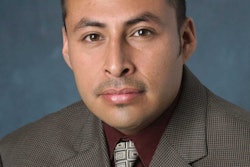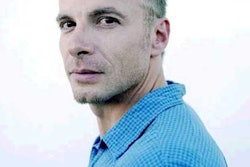Best advice you were given regarding your career path? "Choose an academic home, colleagues, collaborators and mentors who will promote your scholarship to its highest level, all while giving equal consideration to your personal happiness and familial commitments. One should not be compromised for the other."
Not much has changed about Dr. Shedra Amy Snipes since she was a little girl in Savannah, Ga., who grew up loving science, cherishing the "well-stocked" chemistry set her mother made sure was at her disposal, realizing that she was part tomboy and part "nerd," and always asking "why?"
And that's a good thing. At 32, Snipes, a biocultural anthropologist, says she has found the perfect home for her inquisitiveness and all that she loves about science, people, culture and health. Snipes credits the undergraduate course in medical anthropology she took by chance while at Emory University for shaping what became her life's work.
"I learned how important faith and belief and art were to how people made their health decisions. When you and I define health, we may define it as the absence of illness. Someone from another culture may define it in a spiritual way or by connecting to an ancestor," says Snipes, a lecturer who holds dual postdoctoral fellowships in public health and cancer prevention at the University of Texas School of Public Health and in health disparities research at UT's MD Anderson Cancer Center. "When I learned that I could have a career understanding the nuances of health rather than the reactionary parts of health, that's what inspired me."
Dr. Lovell Jones, director of the Center for Research on Minority Health at the MD Anderson Cancer Center, advised Snipes and other Kellogg Health Scholars. He calls Snipes "one of those rare jewels that has been able to effectively blend" science and health policy.
"She is a protégé every mentor wishes that they would come across in their lifetime," he says. "She is my academic daughter."
Snipes' scientific tentacles and interests are multidisciplinary, intersecting health disparities, biology and culture. And even justice.




















